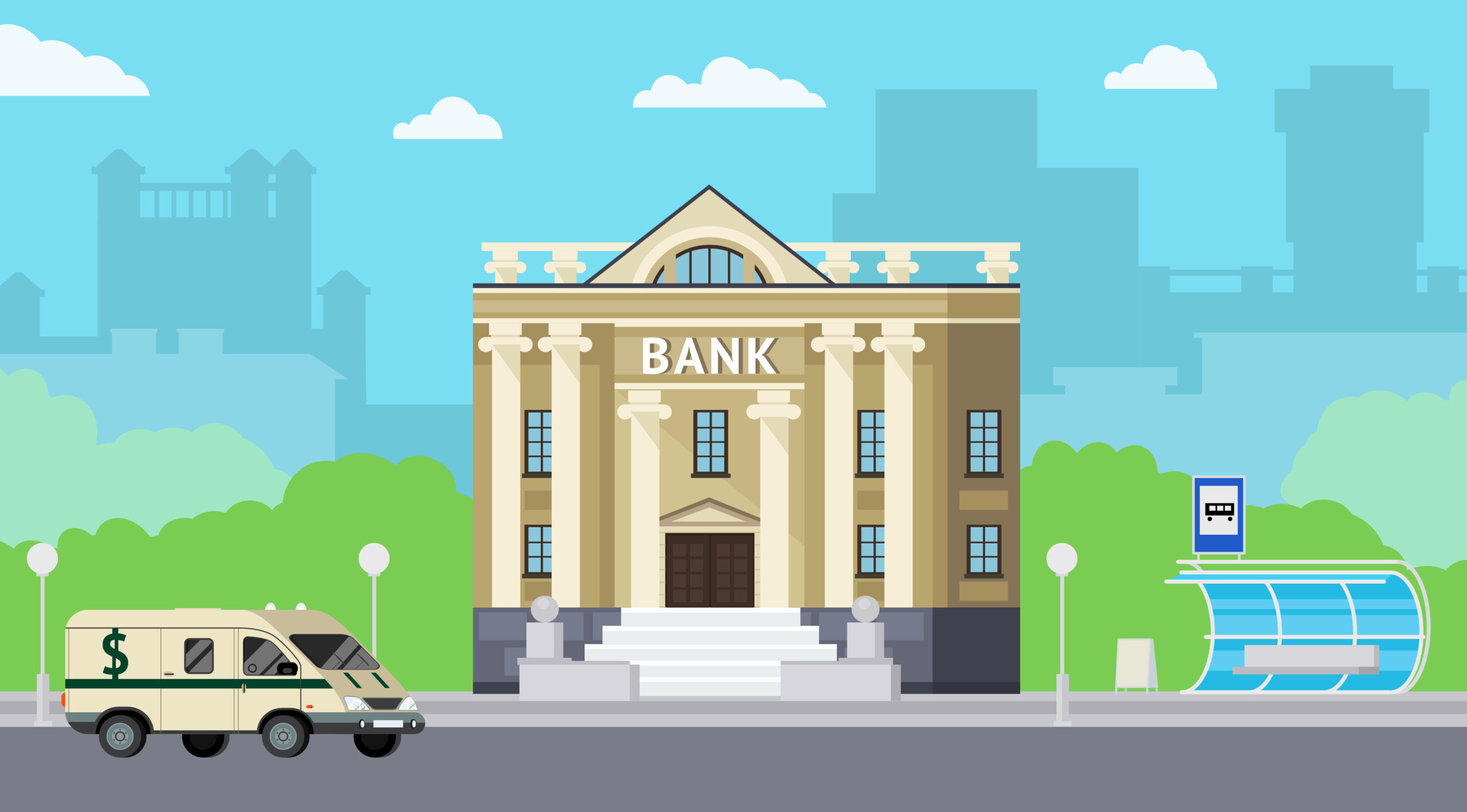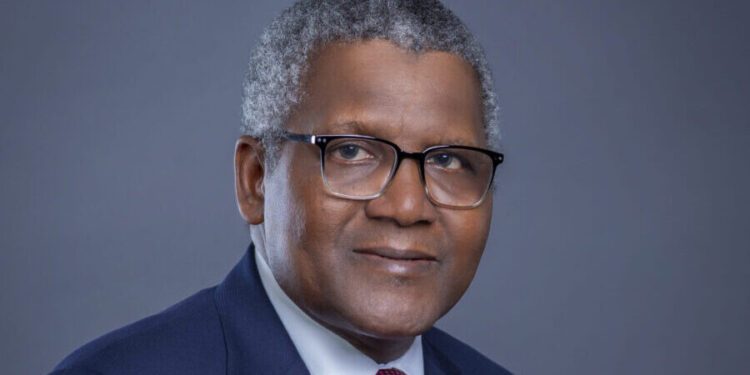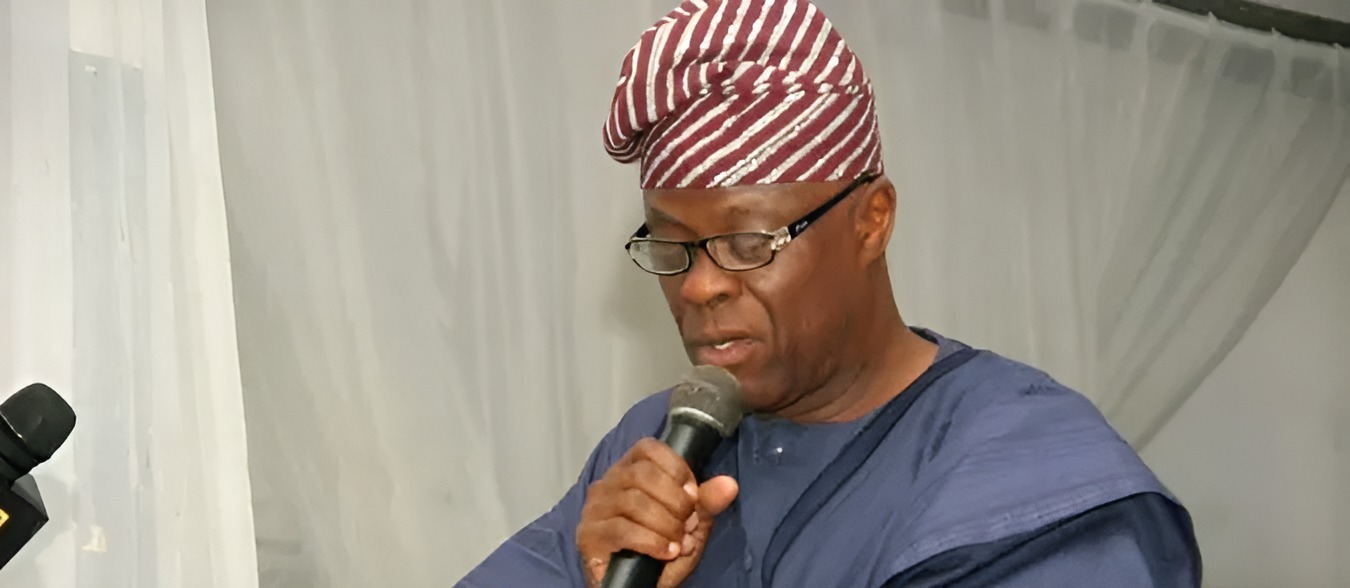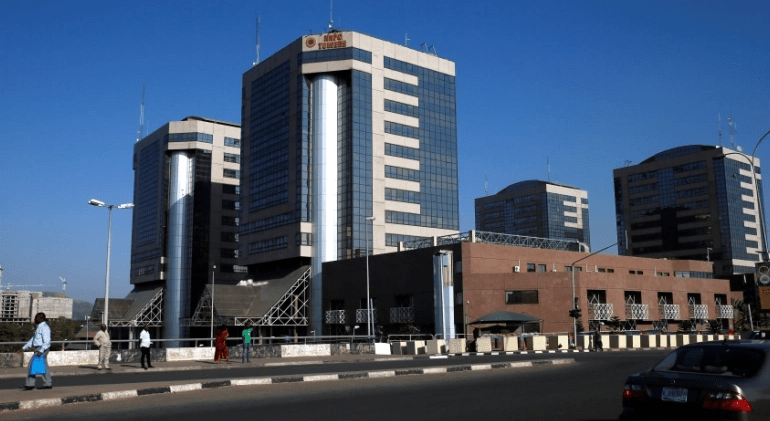•Reiterates commitment to lower cement prices
•Commends Cardoso over FX reforms
James Emejoin Abuja
Chairman, BUA Cement Plc, Abdul SamadRabiu, yesterday, disclosed that the company recorded N92 billion in Foreign Exchange (FX) losses in the 2024 financial year.
Rabiu said the losses arose from its expansion drive amid major Naira devaluation, when the exchange rate hovered between N450 and N600 per dollar.
During the firm’s expansion efforts, there was need to import its equipment from various parts of the world, a move that exposed it to volatility in the sector, he said.
Speaking at the company’s 2024 Annual General Meeting (AGM) in Abuja, the BUA chairman, however, expressed optimism that current policy reforms in the FX segment would limit the deficit in 2025.
He said, “In 2023, we had to account for N69 billion in FX losses. In 2024, it was N92 billion. But I don’t think 2025 will be as high, and that’s one of the reasons our results going forward will be better.
“I must commend management—they’ve done very well. Many companies in Nigeria posted losses, but BUA still posted a profit, albeit marginal – N69 billion to N70 billion.”
He specifically commended Governor of the Central Bank of Nigeria (CBN), Mr. Olayemi Cardoso, for sanitising the FX market and allowing the Naira to be determined by forces of demand and supply, thereby, addressing issues around arbitrage and others underhand dealings that impacted the real value of the local currency.
Rabiu said, “If you’re starting a $5 million project, for example, suppliers—mostly from China—usually require a Letter of Credit (LC) or some financial guarantee to ensure payment. So, what we did was open LCs. At the time, the exchange rate was N400–N500 to the dollar.
“But these projects often take two to three years, and by the time the LCs matured, FX unification had occurred, and the rate had shot up. That’s why we incurred FX losses—we had to pay in dollars, but at a higher rate than when the LC was originally opened.
“We’ve addressed most of the FX exposure, and operationally we’re improving. This year will definitely be better. As the MD mentioned earlier, our Q1 2025 result showed a post-tax profit of N81 billion—more than our total profit for all of last year.
“We expect the Q2 result to be similar. If we annualise that, we’re looking at around ₦250 billion after tax this year. That improvement is largely because we no longer have substantial FX losses, and management is working hard to reduce operational costs.”
On the rising prices of cement in the country, despite assurance from manufacturers to consumers, Rabiu said in spite of higher production costs, the product was still sold at reasonable prices.
The average retail price of a bag of cement is currently N10,000.
He said, “We’re trying to maintain a price per ton that’s reasonable—around $100–$110. Globally, that’s not considered high. A decade ago, cement in Nigeria was over $250 per ton.
but we’ve also had currency devaluation—or what I’d prefer to call FX unification. So, despite all that, cement prices here haven’t risen disproportionately.
“People focus on the naira price, but we’ve also had currency devaluation—or what I’d prefer to call FX unification. So, despite all that, cement prices here haven’t risen disproportionately.
“It comes down to the cost of production. If your production cost is high, there’s no way to maintain low retail prices. Consider what we face—FX, energy costs (which are paid in dollars) among others.
“The good news is that the exchange rate is stabilising. Today, it’s around N1,529. At one point, it was nearly N3,000. Let me take a moment to commend the government.
“The exchange rates we had in the past—N500 or N600—were artificial. Very few companies could access that rate. In reality, you’d often end up paying close to N1,000.
“Things are different now. I joke that I’ve only met the current CBN Governor twice since his appointment—because I no longer need to lobby the Central Bank every two weeks for FX, unlike before. Now, banks have FX and the rate is the same for everyone.
“That’s a real market, and as FX rates continue to drop—hopefully to N1,200 or lower—you’ll see prices for cement and other commodities drop too. Food prices are already coming down: rice has gone from N100,000 to N60,000 per bag.”
Rabiu also said, “Reforms take time, but we’ll get there. N10,000 per bag might seem high, but it’s not unreasonable when compared to global prices. Even when the exchange rate was N300, cement cost around N4,000–N5,000 per bag. Now it’s N10,000. That’s only a two times increase. But the naira has gone from N300 to N1,500—five times more. So we’ve managed to maintain low pricing relative to FX devaluation.
“As things continue improving, and the government keeps supporting the economy, I’m confident cement prices will drop further. We’ve invested billions of dollars over 10–14 years in this sector. Our profit after tax—N69 billion—is about $40 million. For an investment of that size, it’s modest. We still need to make enough to support our staff, shareholders, and operations.”
He said, “N10,000 per bag is not excessive, considering the scale of investment. And we’re working hard to improve operational efficiency and reduce energy costs, which are our biggest expense. That’s why we’re building a mini LNG plant—to generate our own energy using local gas resources.
“We’ll pass those savings on to customers while also improving margins.”
Nonetheless, Rabiu said the company delivered strong financial results in 2024, marked by growth in sales, increased earnings, and a strengthened balance sheet and liquidity position.
He said these outcomes underscored the effectiveness of its strategic execution and the resilience of its operations.
Shareholders commended the company’s performance, despite operating hurdles, and approved a dividend of N2.05 per share.




